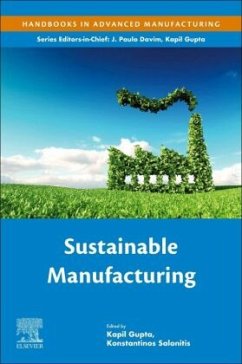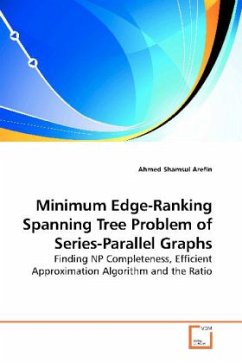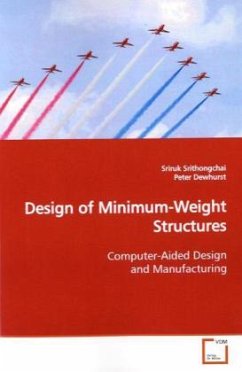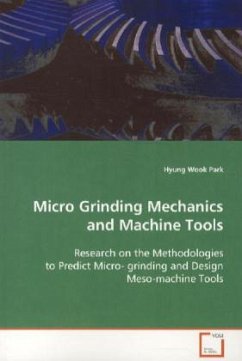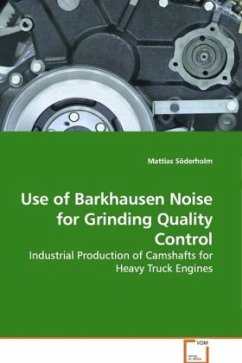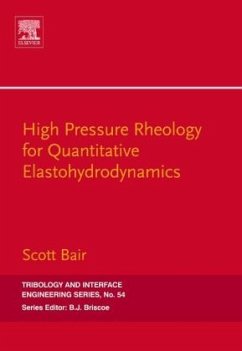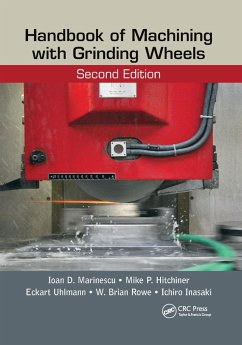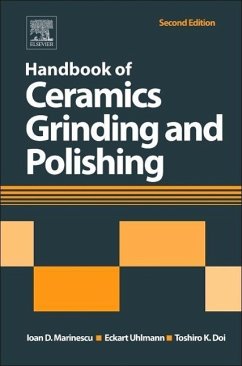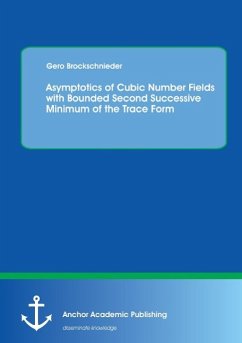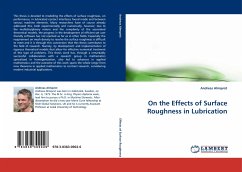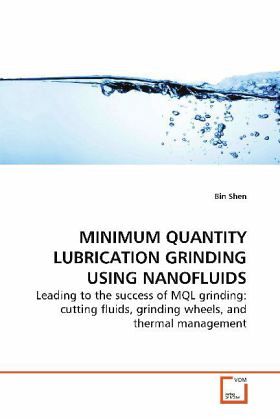
MINIMUM QUANTITY LUBRICATION GRINDING USING NANOFLUIDS
Leading to the success of MQL grinding: cutting fluids, grinding wheels, and thermal management
Versandkostenfrei!
Versandfertig in 6-10 Tagen
39,99 €
inkl. MwSt.

PAYBACK Punkte
20 °P sammeln!
Grinding is widely used in the manufacture of components requiring fine tolerances and smooth finishes; however, it is recognized as one of the most environmentally unfriendly manufacturing processes. Large amount of cutting fluids are used in grinding for a variety of reasons such as improving wheel life, reducing workpiece thermal damage and improving surface finish. Government regulation, environmental protection, public awareness, and the need for cost reduction have all promoted the development of new environmentally conscious grinding processes.Therefore, the author proposed Minimum Quan...
Grinding is widely used in the manufacture of
components requiring fine tolerances and smooth
finishes; however, it is recognized as one of the
most environmentally unfriendly manufacturing
processes. Large amount of cutting fluids are used
in grinding for a variety of reasons such as
improving wheel life, reducing workpiece thermal
damage and improving surface finish. Government
regulation, environmental protection, public
awareness, and the need for cost reduction have all
promoted the development of new environmentally
conscious grinding processes.
Therefore, the author proposed Minimum Quantity
Lubrication (MQL) grinding in this book by focusing
on the cutting fluids, grinding wheels, and thermal
management. Nanofluids, a new class of fluids
engineered by dispersing nanometer-size solid
particles in base fluids to increase heat transfer
and tribological properties, were studied as
potential cutting fluids. The insufficient cooling
problem of MQL grinding can be improved by using
vitrified bond CBN wheels. A grinding thermal model
based on the finite difference method has also been
developed to investigate the thermal aspects in the
grinding process.
components requiring fine tolerances and smooth
finishes; however, it is recognized as one of the
most environmentally unfriendly manufacturing
processes. Large amount of cutting fluids are used
in grinding for a variety of reasons such as
improving wheel life, reducing workpiece thermal
damage and improving surface finish. Government
regulation, environmental protection, public
awareness, and the need for cost reduction have all
promoted the development of new environmentally
conscious grinding processes.
Therefore, the author proposed Minimum Quantity
Lubrication (MQL) grinding in this book by focusing
on the cutting fluids, grinding wheels, and thermal
management. Nanofluids, a new class of fluids
engineered by dispersing nanometer-size solid
particles in base fluids to increase heat transfer
and tribological properties, were studied as
potential cutting fluids. The insufficient cooling
problem of MQL grinding can be improved by using
vitrified bond CBN wheels. A grinding thermal model
based on the finite difference method has also been
developed to investigate the thermal aspects in the
grinding process.



